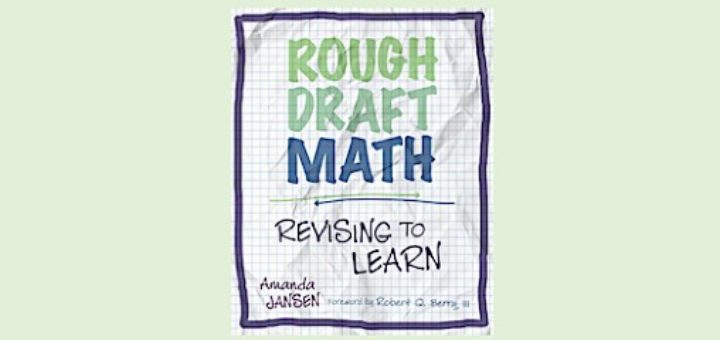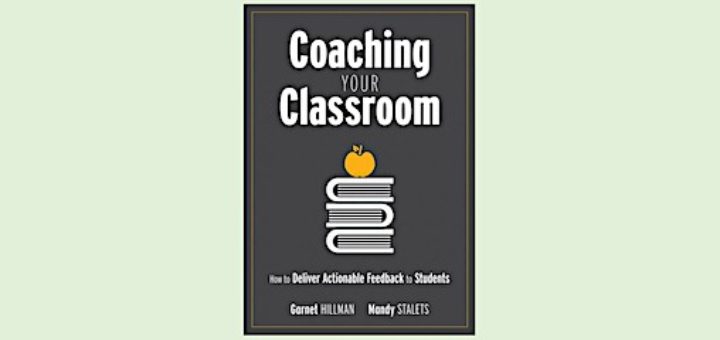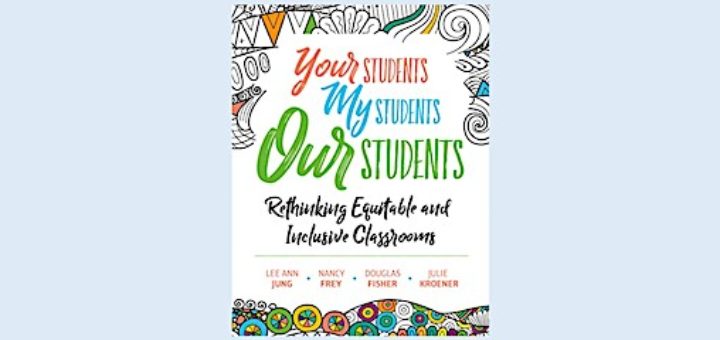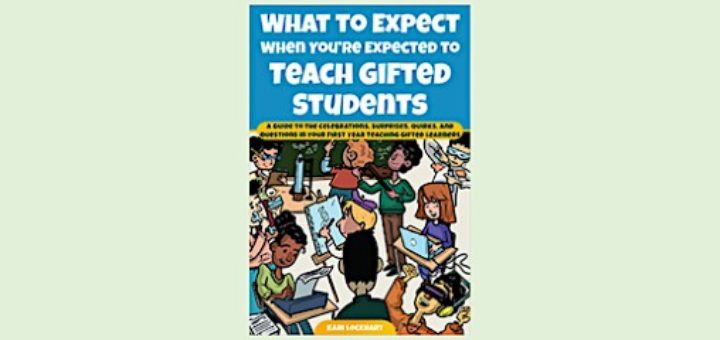Teaching and learning in grades 4-8
Self-confidence is hugely important in learning math. Amanda Jansen shows how teachers can help students embrace a “revising to learn” approach, gaining confidence and understanding. Teacher Michael Hernandez says the book will help him create a safe space to make mistakes and grow.
Discover how to create actionable feedback for your students and teach them true self-assessment as you transform your role from evaluator to coach. Teacher leader Laura Von Staden “definitely” recommends this step-by-step guide to shifting from a focus on scores and grades to a focus on learning and mastery.
How can we keep a positive school climate and culture during remote learning? Chris Edwards, the 7th grade assistant principal at Kreps Middle School, created a grade-wide Google Classroom for students and teachers and staged weekly competitions best described as crazy and fun. It worked!
To support math students’ different levels of progress learning methods, talents, and interests, Bobson Wong and Larisa Bukalov fit tiered lessons into the familiar framework of whole-group introductory discussion, guided practice, and whole-group summary. See how it works!
Looking ahead to the new school year, it’s critical that school leaders have comprehensive plans ready for implementation if more large-scale remote learning is required. Ron Williamson and Barbara Blackburn underscore the need to fully involve parents and teachers in the process.
The experience of students and teachers doing whole class and small group work online underscores the need to emphasize speaking and listening skills now and for the future, writes principal Matt Renwick. He shares his school’s low-key, standards-friendly teaching ideas.
As a future educator with the dream of having an inclusive classroom for ALL students, Esther Vences found Your Students, My Students, Our Students an essential tool for reimagining schools by implementing the authors’ five recommended disruptions to the status quo.
Kari Lockhart’s What to Expect When You’re Expected to Teach Gifted Students touches on two key elements: how to identify gifted students and how to work with their parents. Kolby Wagner expects to find the author’s strategies for co-teaching and parent engagement helpful.
If you’re like teacher Dina Strasser, you may be wondering if your online classes add up to teaching. Yes, she says. You’ve adapted on the fly – suddenly providing virtual school to students who just weeks before greeted you at the classroom door. See if her real-life snippets match your experience.
When Michelle Russell dropped by her classroom last week, she was overcome with emotion. As her school year ends, she reflects on the depth of her gratitude for that room, her colleagues, her students and their families, her newfound clarity, and teaching itself.







































